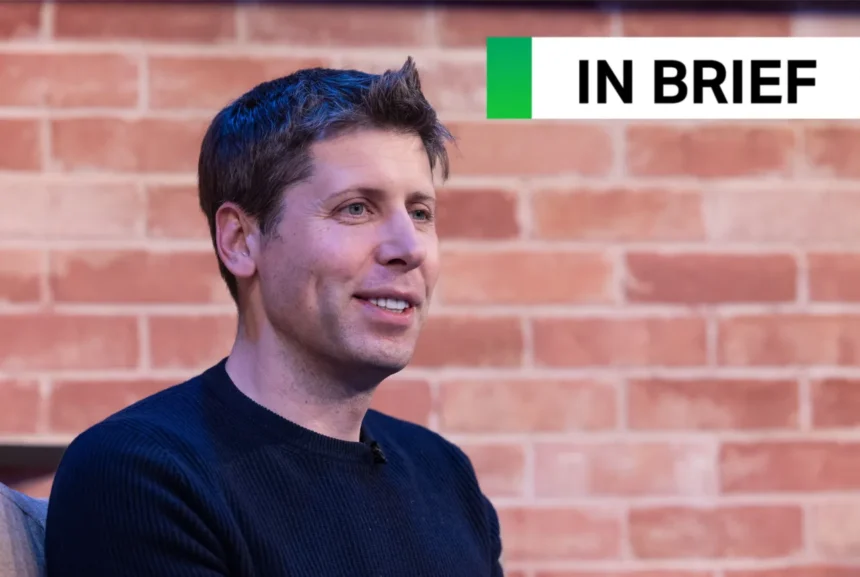OpenAI is on the verge of making a significant shift in its corporate structure, a move that could shake up the way the pioneering AI company is managed. Recent reports indicate that the organization, known for developing groundbreaking AI technologies like ChatGPT, is exploring plans to modify its intricate hybrid setup, which currently blends a nonprofit and for-profit model.
Earlier this week, reports surfaced that OpenAI is in discussions to raise $6.5 billion in new funding, potentially valuing the company at an impressive $150 billion pre-money. However, according to Reuters, this massive deal may hinge on whether OpenAI can alter its current structure, specifically by removing the existing profit cap for investors. This profit limitation, designed to align with OpenAI’s mission of responsible AI development, has become a sticking point for potential backers eager to see greater returns on their investments.
The internal conversations about restructuring have been ongoing, with co-founder and CEO Sam Altman addressing the issue in a recent all-hands company meeting. According to a report from Fortune, Altman indicated that the organization is likely to adopt a more conventional for-profit business structure by next year, moving away from its current model where a nonprofit controls the for-profit arm.
OpenAI’s dual structure, which was designed to prioritize its mission of developing beneficial AI, has drawn criticism from investors who are increasingly frustrated by the limitations it imposes. The nonprofit controls the for-profit entity in a bid to ensure that OpenAI’s goals remain focused on developing AI that benefits humanity. However, this framework has created tension with investors eager for more flexibility and higher financial returns.
Despite the potential shift, OpenAI has reiterated its commitment to its original mission. In a statement following the reports, the company said, “We remain focused on building AI that benefits everyone, and as we’ve previously shared, we’re working with our board to ensure that we’re best positioned to succeed in our mission.” The statement went on to emphasize that the nonprofit is “core to our mission and will continue to exist,” signaling that even if changes are made, OpenAI remains steadfast in its dedication to responsible AI development.
If OpenAI moves forward with this restructuring, it could mark a new chapter for the company—one where it balances investor demands with its commitment to ethical AI. Investors may see fewer restrictions, while OpenAI continues to navigate the complex dynamics of maintaining its leadership in AI innovation. This shift, if realized, could send ripples through the tech world, reshaping how mission-driven organizations balance purpose with profitability.










